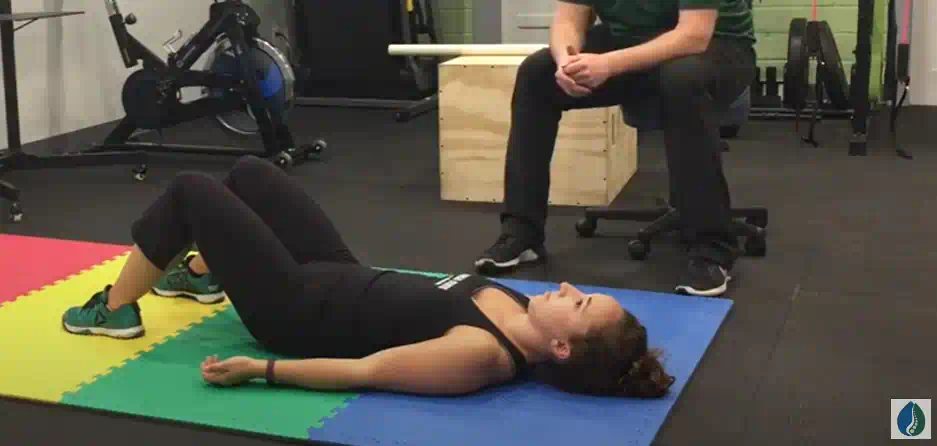
Often, hikers will comment that their neck hurts after a hike. There are many reasons this happens, but we'll reduce them down to the three most common causes we see.
First, hikers often overpack their belongings into a backpack or hydration pack. They load it up with each and every item for a worst-case scenario. And while this is wise if you're doing anything lengthier than a couple of hours or overnight, bring what's reasonable for the time frame you intend on going. When you're going to be gone less than two hours, bring adequate water, food, and gear but don't bring a week's worth of supplies for a morning jaunt.
Second, and likely most important, prepare for what your muscles, joints, and soft tissues are prepared for. There is a concept in health care that is called Davis' Law which states your body responds to the demands placed upon it. Essentially, you are able to perform based on what you've done lately. Think about the amount of activity you've done within the last two to six weeks. Then, do not try anything more strenuous than double what you've done lately. To be more specific, let's say you've recently done three, 45-minute mini-hikes within the last two weeks. If you go out for more than 90 minutes (twice as long as the previous three hikes) you may expect some discomfort. Aim for more frequent hikes before attempting a longer, multiday hike.
The third thing to consider is your posture and overall neck movement before, during, and after hiking. There is a reason that all competitive athletics emphasize proper warm-ups. Too often you'll see at a trailhead a group of hikers. And what do they do? Immediately proceed in hiking with minimal to no warm-up or stretching. Furthermore, if they do, it's usually their legs and rarely their spine. This doesn't prepare your soft tissues for the demand you're about to place on them and may lead to discomfort.
Let's summarize the causes:
Before you leave for your hike, you want to move your neck joints through their full range of motion without overstretching the surrounding muscles. Way too many people think stretching their neck muscles are important. However, when you feel pain or stiffness in your neck it is more likely coming from stiff joints between your neck bones (vertebrae). Simply moving your neck joints through their total given range of motion the day of your hike before, after, and a couple of times during your adventure will likely make a drastic difference for free.
The angle of your neck joints promotes looking over each shoulder. You'll want to look up and down slightly, but not excessively. And what likely provides the most impost improvement is combining full rotation while slightly looking up and down. Golf health expert Dr. Greg Rose, a chiropractor in California, calls these movements and warms up as "Diagonals". They're a great, free exercise to prepare for hiking, golfing or all rotational sports.
One post-hike prevention strategy that works well is reducing the strain on neck muscles by relaxing them. This is best accomplished by creating an arch in the neck with a cold device like this one.
The arch will reduce the strain of the neck muscles by putting slack in them. And the cold will provide comfort. Do this twice for 8-12 minutes for best results while deep breathing and relaxing with your palms forward like this.
If for some reason these strategies are not enough to solve your neck pain, you likely need a professional evaluation. The best health care provider to start with is an ethical chiropractor who focuses on outcomes and results and does not sell you or scare you into long-term care. Furthermore, they need to be giving you affordable methods to help yourself at home. There is no better combination than a caring health care provider and you taking an active role in your health.
If you're in Northern California, more specifically near Petaluma or Santa Rosa, your best choice is Dr. Todd Lloyd at adjust.clinic. He'll do a thorough evaluation and give you free strategies to help yourself more at home. To schedule, CLICK HERE.
If you're in Western Colorado, more specifically, COOR Wellness is your best choice. You'll be given chiropractic care you can trust is going to be helpful and they'll focus on your goals. To schedule a free consultation, CLICK HERE.